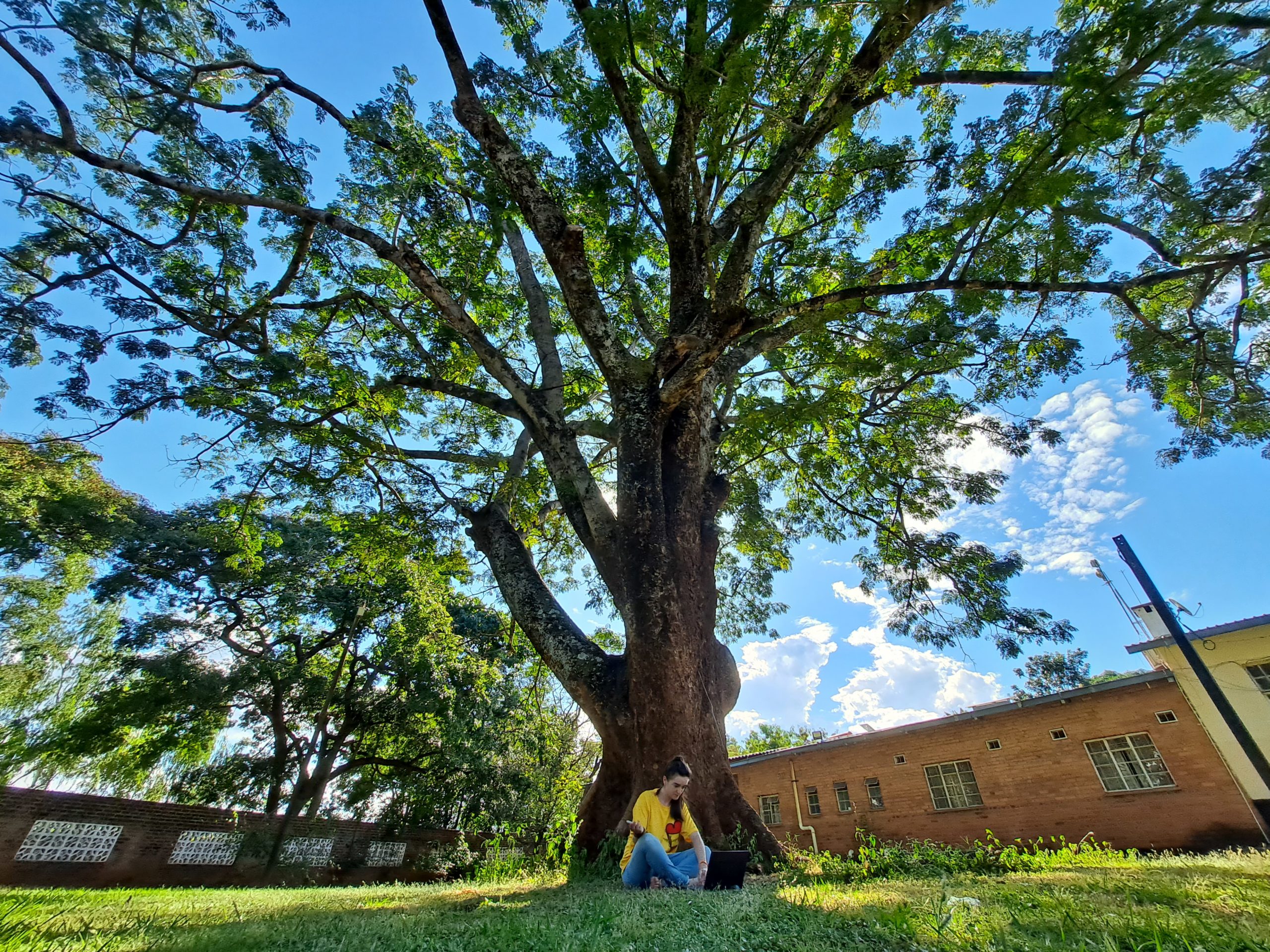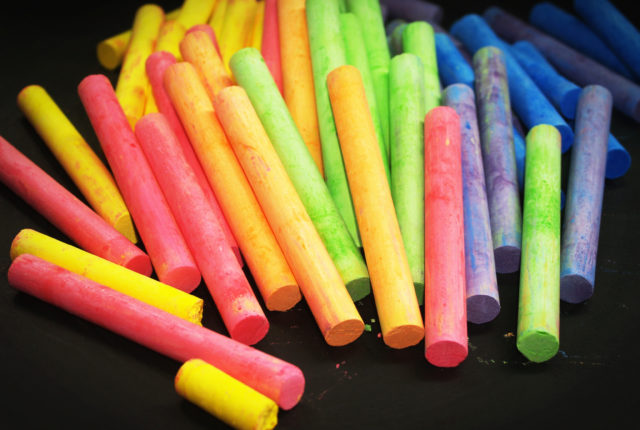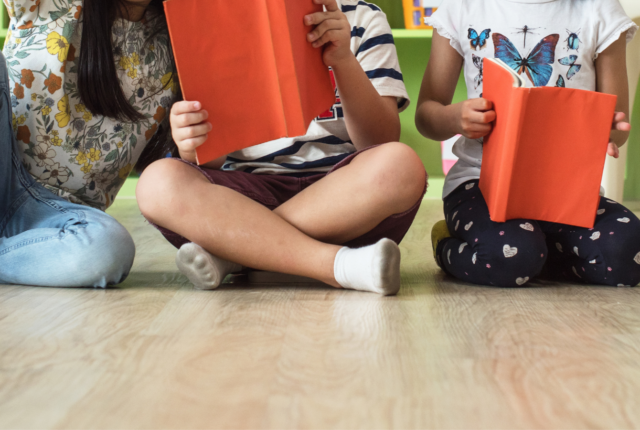By Ailbhe Joyce B.Ed, M.Sc. Sustainable Development
As I sit in the rural Malawian village I now call home, listening to the gentle clucking of chickens and the laughter of children, my original inspiration to work in sustainable community development is so woven into everyday life that it is difficult to trace to its source!
Having forced my reluctant relatives to play “school” with me as a child, it was a natural progression to complete a Bachelor of Education at Mary Immaculate College, Co. Limerick. The nine years of international teaching that followed were speckled with visits to developing countries that never seemed long enough to satisfy my desire to interact with the communities. Meanwhile, during academic terms, I was constantly drawn to exposing students to projects focused on community development and global citizenship, with my message to learners to be kinder than necessary in every situation they encounter.
It was while working as an elementary coordinator in Abu Dhabi when I really saw the potential and impact of conducting community action projects with focus-groups of students. Depending on the interests of the group, we would choose a particular sustainable development goal as our theme. Over the span of my three years in this position, our actions included constructing eco-bricks, writing letters of love to Syrian refugees and designing safe non-touch hand-washing devices.
In more recent years, I have felt the desire to return to Africa, my heart home, and to lead a life of service in the humanitarian field. It was just over a year ago now that I left the comfort of formal employment to dedicate my time and energy to the social enterprise founded with my sibling here in Malawi, ulemu.com. “Ulemu” means respect in Chichewa, the local language. Ulemu.com’s mission is to develop low-cost, community-owned, commercially sustainable solutions that leave no child behind by ensuring their access to basic healthcare, quality education, and good nutrition. Our vision is rooted in Articles 25 and 26 of the Universal Declaration of Human Rights. Namely, that every child has enough food to grow up healthy, has access to medicine when they get sick, and has the chance to learn how to read and write, so they can live with dignity to their greatest potential. I strongly believe that the solutions to the world’s challenges lie with our youth, and that “it’s easier to build strong children than to fix broken adults” (Frederick Douglas).
So why Malawi? Malawi is one of the poorest countries in the world with 45.87% of its population under 14 years old. Preschools here are operated by volunteers in the community who are often unpaid, unqualified and unresourced. Class sizes are overwhelmingly large and locations for preschool lessons vary from churches to mango trees.
Inspired by the work of Jeffrey Sachs’s Mission 4.7 that “builds upon UNESCO’s global leadership on Education for Sustainable Development (ESD) and Global Citizenship Education (GCED), and advocates for the achievement of SDG Target 4.7 at global, national, and local levels by curating and creating relevant educational resources,” I developed “School in an Envelope.” “School in an Envelope” delivers low-cost, easy-to-implement teaching materials and teacher-trainings to preschools. With the help of my international colleagues, many of whom are early-years experts, we developed planning and flashcard resources to fit the needs of the preschools here in the local communities.
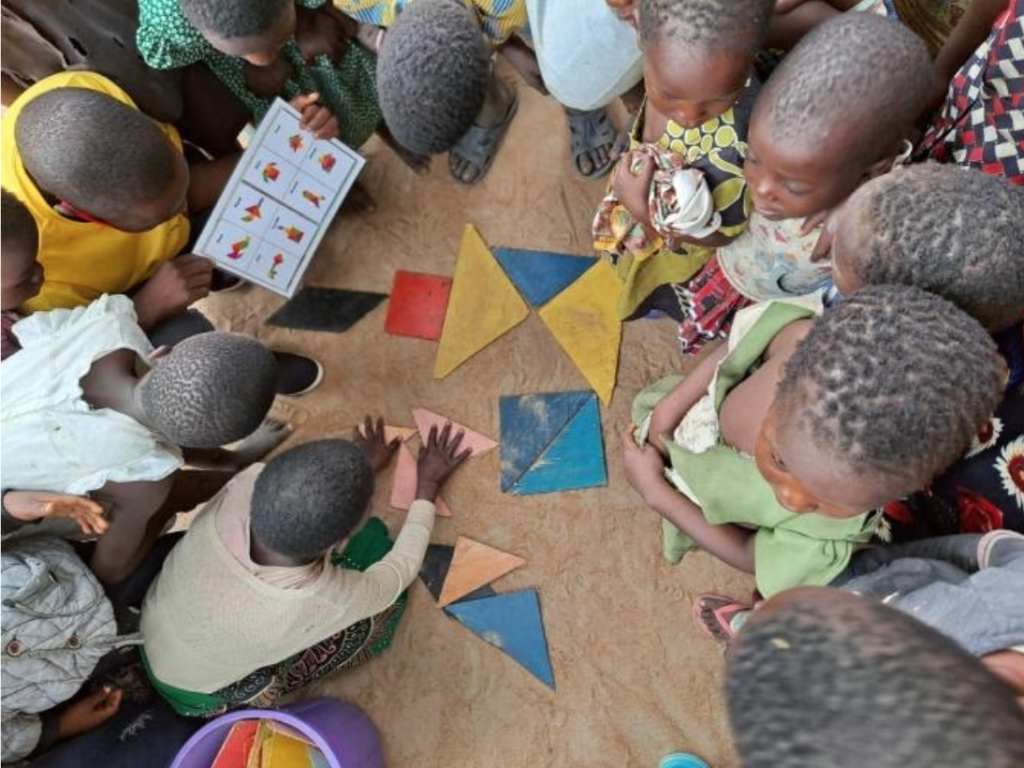
In 2021, “School in an Envelope” registered and trained 30 preschool nurseries on the first phase of our numeracy planning. We have provided 600 fruit trees to plant at the aforementioned sites, a prerequisite to attending our trainings. Over 200 wooden tangram puzzles have been constructed in our youth club for use at these nursery schools, a learning resource that allows a learner to gain a stronger grasp of spatial relationships and hone spatial rotation skills.
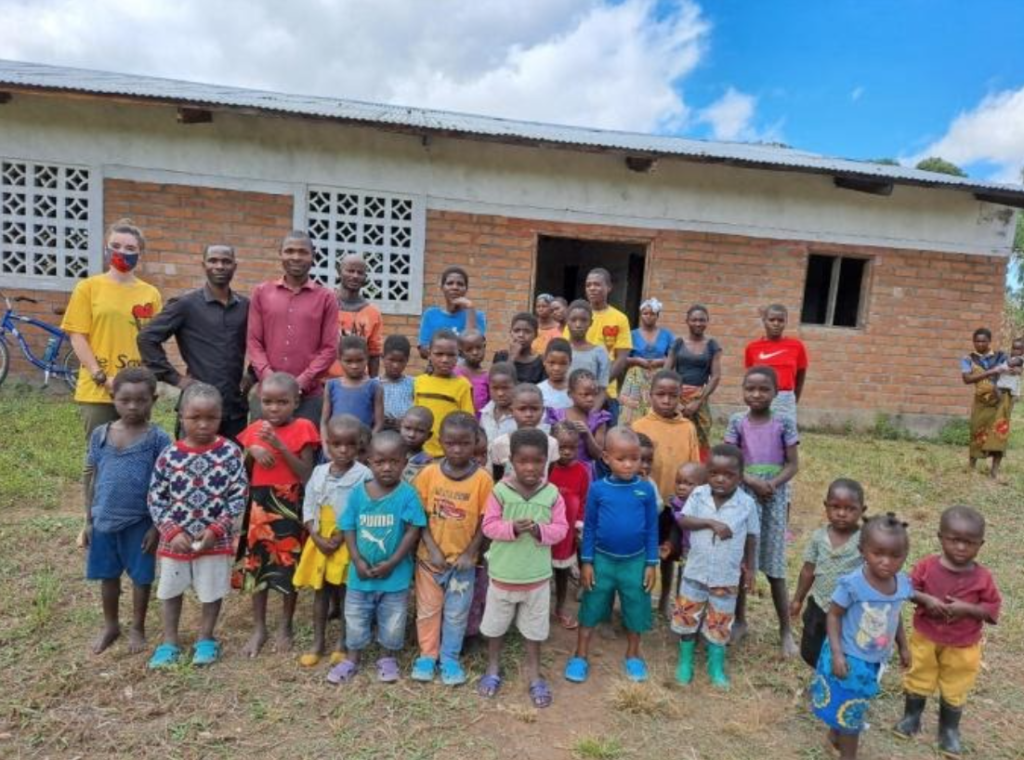
To implement this project we needed many hands and, even more crucially, a team who can deliver training and communicate in the local language. Enter the Lifesavers’ Club! The Lifesavers’ Club is a youth group founded by ulemu.com and led by 8 local teenagers. This teenage-team helps to implement all of ulemu.com’s projects. As an incentive for volunteering their time at the club, the Lifesavers’ school fees are subsidized and they are given various opportunities to up-skill. For example, all eight teenagers underwent a leadership course to improve their team-work and organizational capabilities and more recently, with the arrival of donor-funded laptops, the Lifesavers’ created their first ever email addresses and enrolled in a course of their choice from the SDG Academy. Interests varied from “The Best Start in Life; Early Childhood Development for Sustainable Development” (SDG 4) for our future teachers to “Ethics in Action” courses for our young peace-keepers (SDG 16). These free courses, although challenging for first-time online learners, are opening the minds and hearts of these teenagers while also broadening their horizons, equipping them with the tools to improve the lives of those around them.
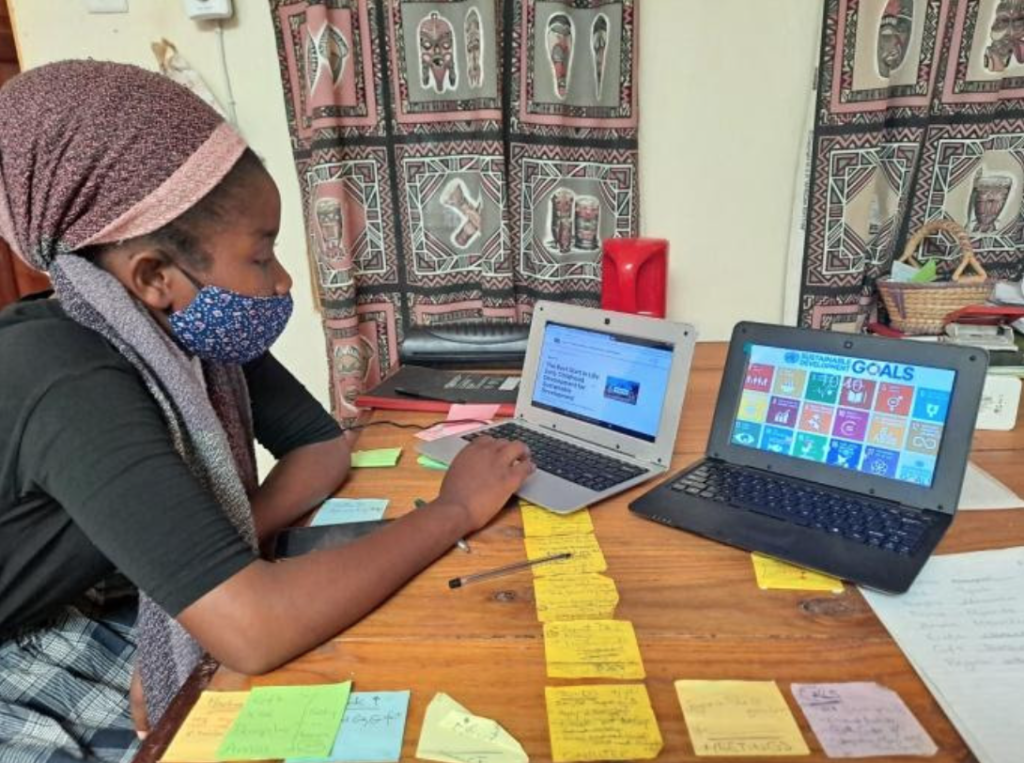
My learnings about sustainable development reach far beyond the inspiring SDG Academy course content and virtual UCD classrooms. Putting all of these courses into practice takes the form of remote healthcare services, small-scale community interventions, and respectful interactions that give community members ownership over a project’s outcomes.
So, as I sit in the rural Malawian village I now call home, I realize that my personal development has always mirrored my interest and involvement in sustainable development. “The only permanent change is slow, steady change” (Sai Baba) and long may it last…
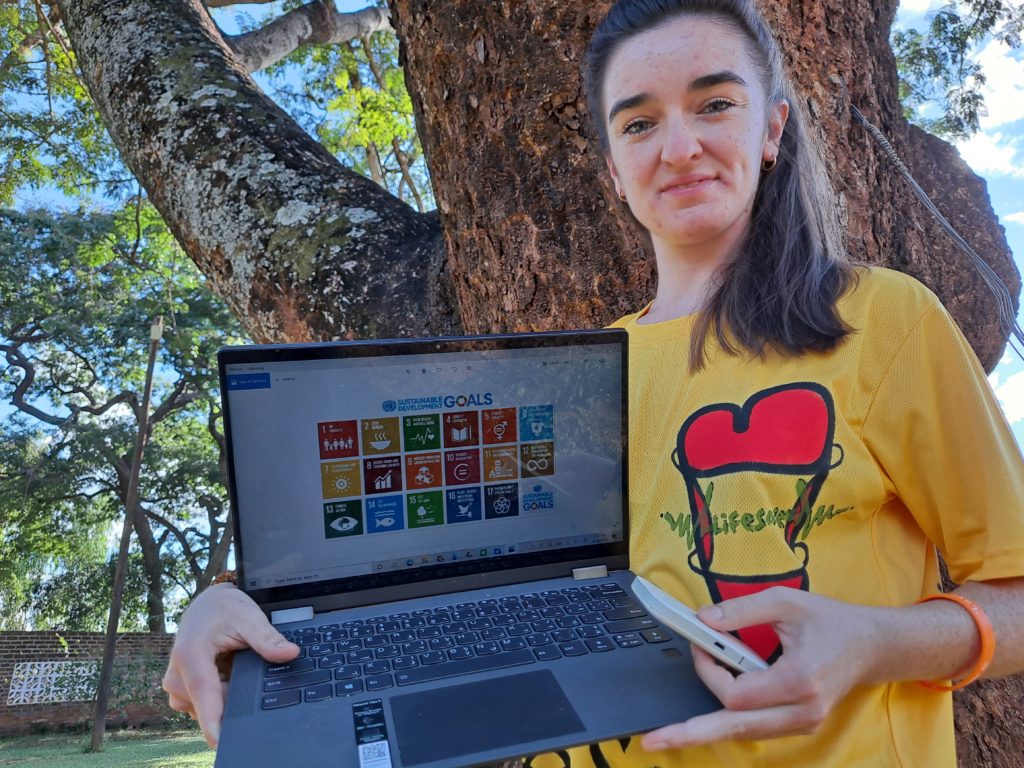
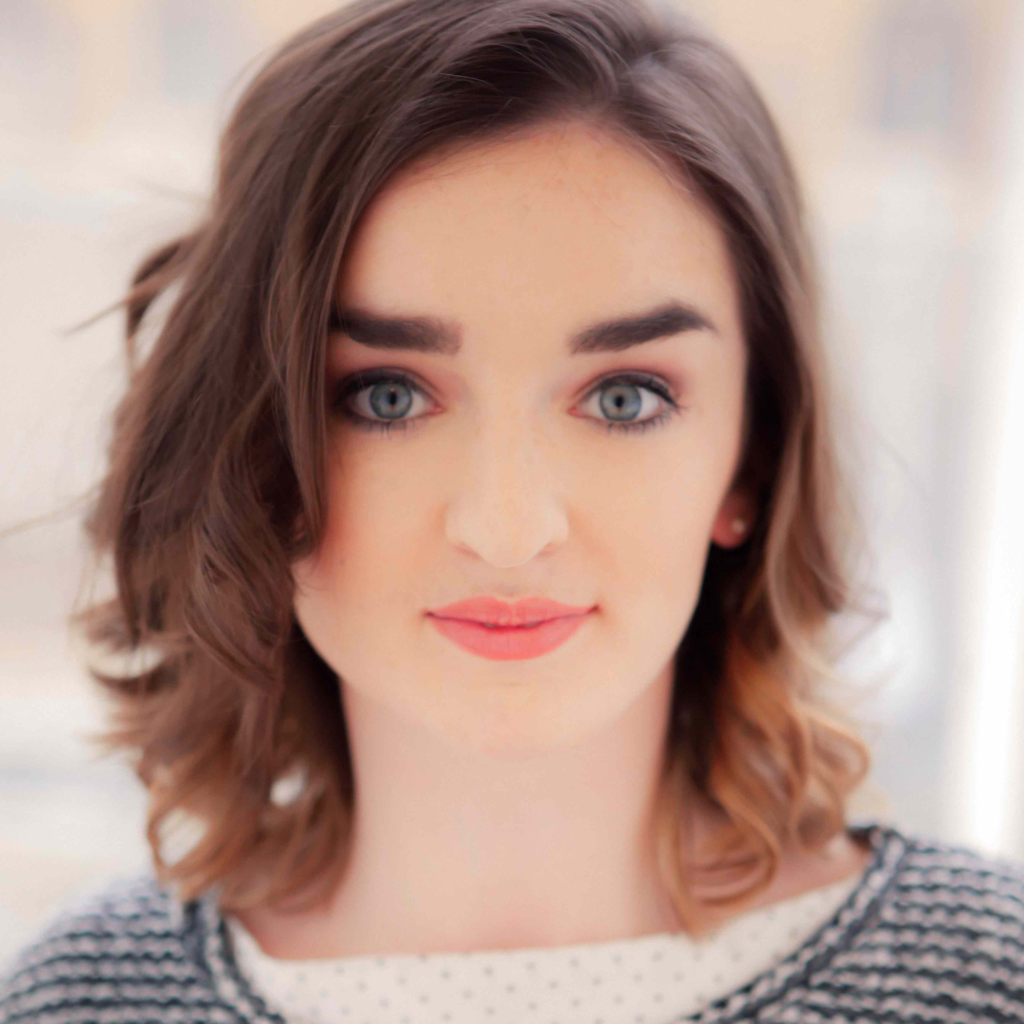
Ailbhe Joyce is an international educator that has been involved in service programmes, such as An Gaisce and Meitheal, for almost a decade. Having founded a social enterprise, ulemu.com, with her sibling, Ailbhe currently manages their education project, “School in an Envelope” in Malawi. She aims to lead a lifestyle that aids the achievement of the UN SDGs. This led her to study an M.Sc. in Sustainable Development with University College Dublin. One of Ailbhe’s favourite quotes is, “When you educate one person you can change a life, when you educate many you can change the world” (Shai Reshef).
